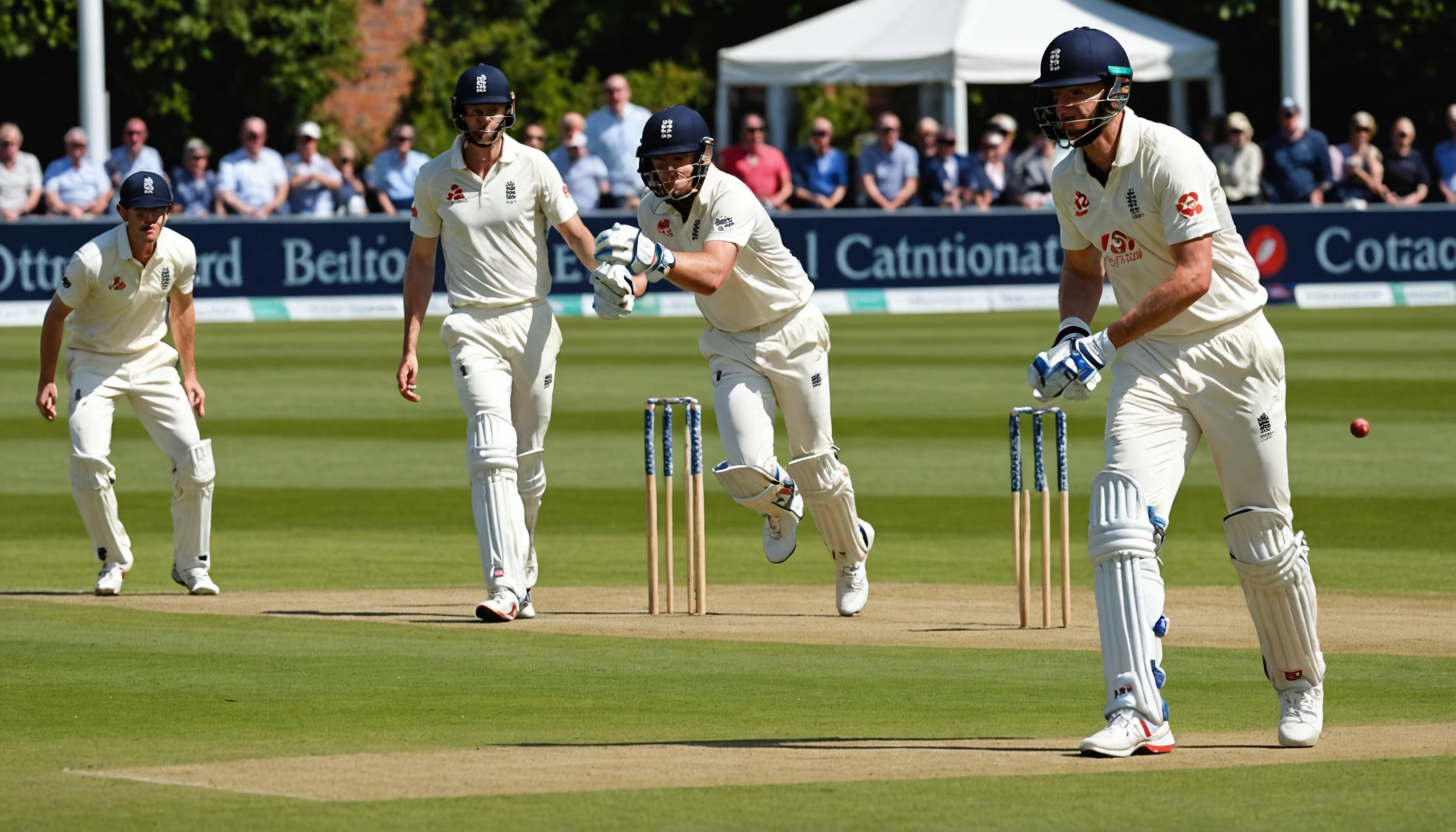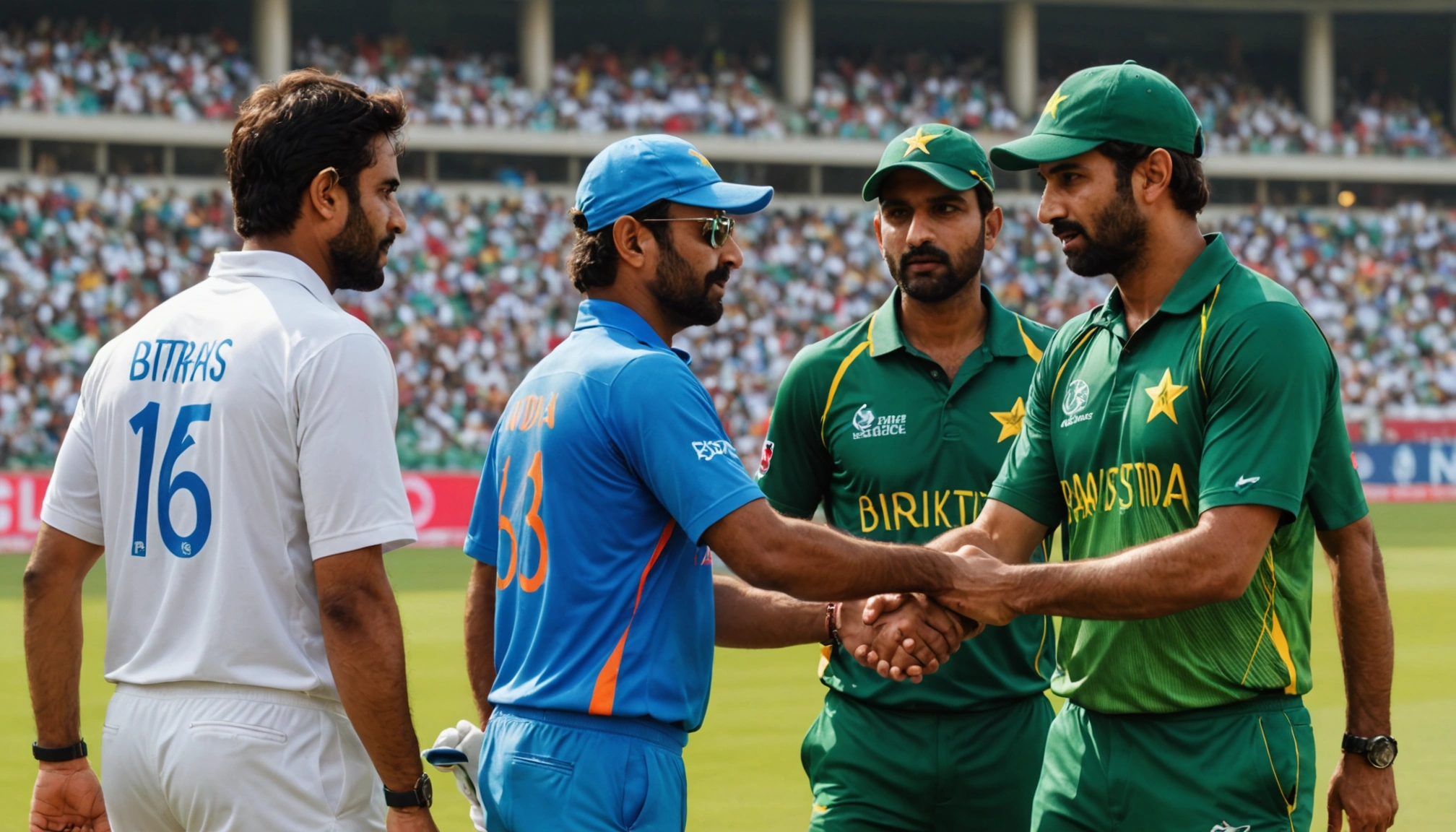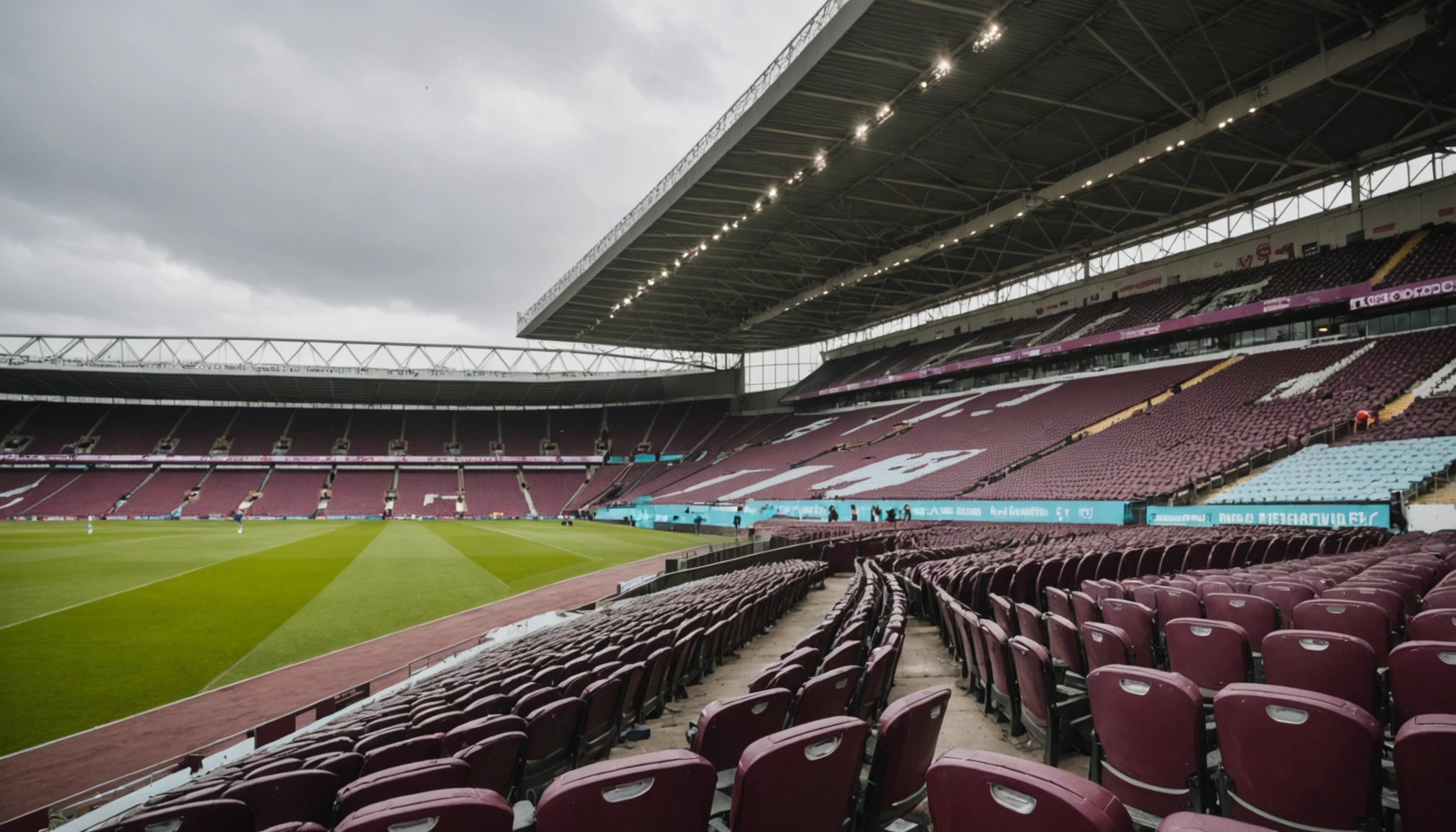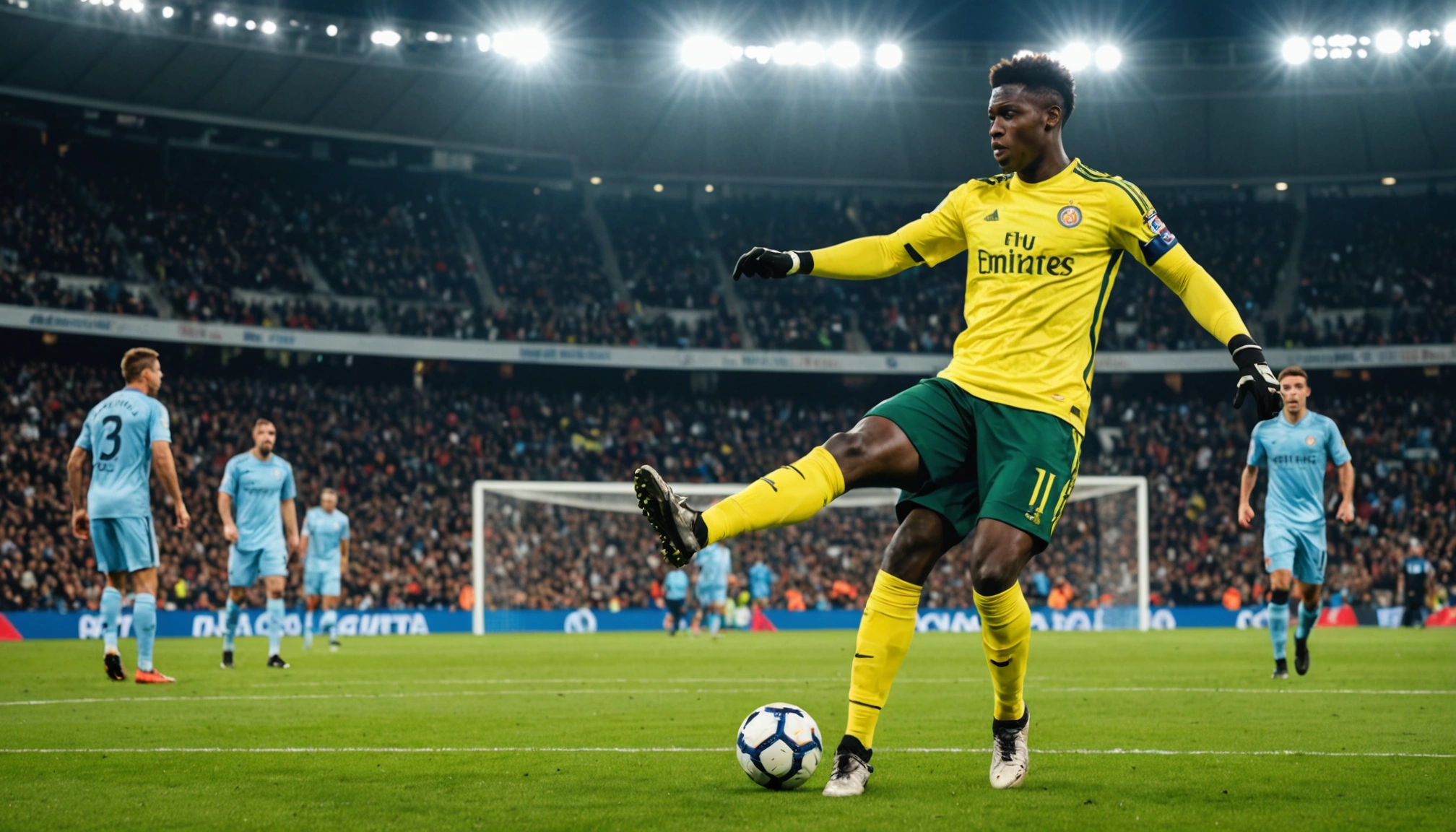Alvarez banned for 10 months after failed drugs test in European football
Yeray Alvarez handed a 10-month ban for a doping violation after ingesting a banned substance during hair loss treatment, stirring debate in European football.
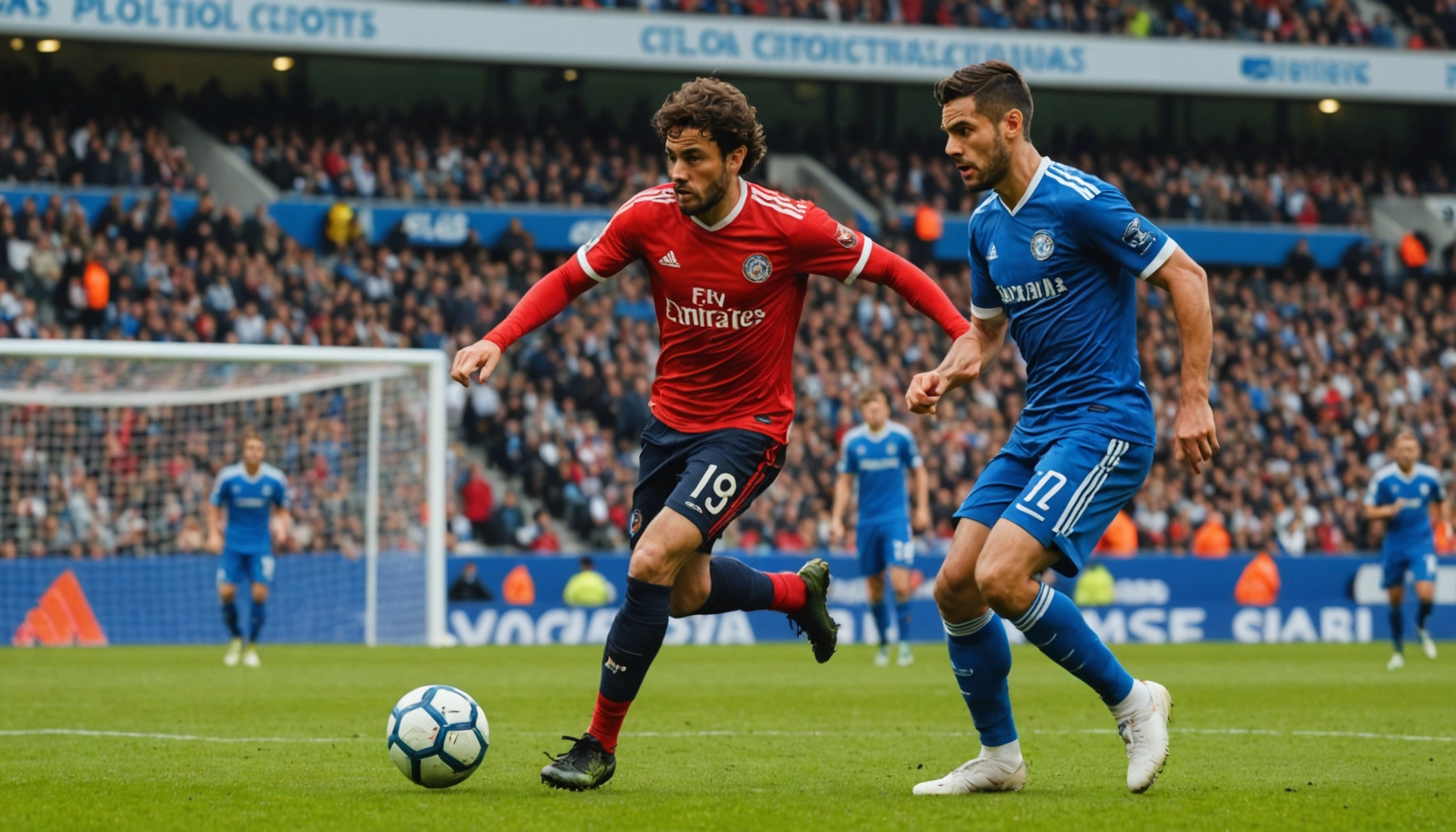
By Editorial
Introduction to Alvarez's doping ban
Yeray Alvarez, the Athletic Bilbao defender, has been handed a 10-month ban following a failed drugs test. The ban has sent ripples across European football, highlighting the ongoing challenges of doping controls in the sport. Alvarez insists the banned substance was ingested unintentionally through medication prescribed for hair loss, raising important questions about athlete awareness and medical guidance.
What led to the ban?
The positive test occurred during routine anti-doping controls. Alvarez reportedly took a medication to treat hair loss that contained the prohibited substance. Despite this being unintentional, anti-doping rules are strict liability, meaning athletes are responsible for any banned substances found in their bodies. The case underlines the importance of thorough checks by players and clubs on all medications.
The substance involved and its effects
While the exact substance has not been publicly disclosed, hair loss treatments sometimes contain compounds that are banned for their potential performance-enhancing effects or masking properties. Such substances can affect hormone levels or other physiological functions, giving players an unfair advantage or interfering with doping tests.
The impact on Athletic Bilbao and European football
Alvarez is a key figure in Athletic Bilbao’s defensive line. His absence for nearly a year poses a strategic challenge for the club as they compete domestically and in European competitions. This ban also contributes to the ongoing scrutiny of doping in European football, where clubs and governing bodies strive to maintain a clean sport.
Reactions from the football community
Fans and analysts have expressed mixed reactions. Some sympathise with Alvarez’s explanation, pointing to the complexities athletes face regarding medication. Others stress that the rules must be upheld to ensure fairness. This case has prompted calls for better education and support systems for players regarding banned substances.
Broader doping trends in European football
Doping cases in football remain comparatively rare, but each incident draws attention to the sport’s vigilance and the evolving nature of banned substances. Governing bodies like UEFA and FIFA continually update their prohibited lists and testing protocols to keep pace with new drugs and methods.
Education and prevention measures
Many clubs now employ dedicated medical teams to advise players on supplement and medication use. Educational programmes help players understand the risks and responsibilities tied to doping regulations. Yet, as Alvarez’s case shows, even with precautions, inadvertent ingestion can occur, underscoring the need for ongoing awareness.
Comparisons with other recent doping cases
Alvarez’s ban can be contextualised alongside other recent incidents in European football. For example, some high-profile players have faced suspensions for similar inadvertent consumption of banned substances. These precedents often influence the length of bans and the disciplinary process.
Case studies: lessons from past suspensions
- In 2021, a Bundesliga player was suspended for six months after testing positive for a banned substance found in a cold medicine. The ban was reduced due to mitigating circumstances.
- A La Liga midfielder faced a year-long ban after failing to declare supplements that contained prohibited ingredients.
Such examples reinforce the need for transparency and diligence.
How clubs can better support players
Clubs have a responsibility to support players in navigating doping regulations. This includes providing access to medical experts, offering regular briefings on banned substances, and implementing strict checks on all medications taken by players. Athletic Bilbao’s situation serves as a reminder of these critical measures.
Practical steps for players
- Always consult club medical staff before taking any medication or supplement.
- Maintain a detailed log of all substances consumed.
- Stay updated on the World Anti-Doping Agency’s (WADA) prohibited list, which changes annually.
- Use only prescribed medicines from trusted sources.
Conclusion: lessons from the Alvarez case
Yeray Alvarez’s 10-month ban highlights the complex landscape of doping in European football. While the ban is a setback for both player and club, it also opens dialogue on improving education, medical oversight, and player responsibility. As European football continues to grow in professionalism, maintaining integrity through strict yet fair anti-doping measures remains paramount.
For more insights into current European football developments, including transfers and injury updates, visit SportsScoop regularly.
Related topics
Editorial
Sports expert at SportsScoop
Specialist in sports analysis and journalism
Related articles
Want to read more?
Explore our comprehensive collection of sports articles and analysis, or contact us for more information.
